Windows 8 tablets: Putting them to use on the frontline
With tablets becoming more prevalent in businesses, some companies are taking this to the next level by introducing them to the frontline.
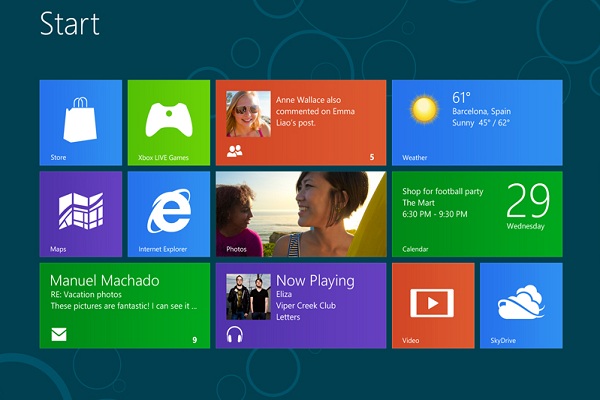

Before the launch of the iPad, businesses would never have considered giving tablet PCs to employees, least of all their customer-facing staff.
Now, large companies, such as BT and Emirates, are rolling out lightweight tablet devices to engineers and flight staff, respectively, so their jobs can be carried out more efficiently.
Both firms opted for Windows 8 tablets, rather than Android or iOS devices, for their frontline staff. IT Pro spoke to Peter Scott, director of end user technology at BT, and Kevin Griffiths, senior vice president of cabin crew at Emirates, to find out why.
Why the change?
BT's Peter Scott said the company had been developing a platform for its field engineers, who carry out new installations and repairs, over the last 12 months.
"We used to use Panasonic Toughbooks running [Windows] XP, but they were slow to boot up and get connected, with poor battery life, poor connectivity and generally no longer fit for purpose," he explained.
Our PCs were slow to boot up and generally no longer fit for purpose.
Get the ITPro daily newsletter
Sign up today and you will receive a free copy of our Future Focus 2025 report - the leading guidance on AI, cybersecurity and other IT challenges as per 700+ senior executives
The devices engineers use must allow them to carry out a range of functions in their customers' homes and in the field, such as provide information about the jobs they are going to, and measure broadband and Wi-Fi download speeds.
The testers need to connect sensors via Bluetooth for line diagnostics and all these applications use a mix of legacy and new software.
Engineers also use their devices for general tasks, whether that's checking payslips or participating in online training from home.
Kevin Griffiths at Emirates said its situation was very similar to BT's.
Emirates uses its Knowledge Driven Inflight Service to allow flight crews to communicate with ground staff, upgrade customers as they arrive on their flight and provide feedback.
"We had an existing app and existing hardware. We started using mobile computers in 2004, with laptops aboard, then moved to using HP Compaq devices and then Lenovo," said Griffiths.
"When the iPad came out, we realised fairly quickly that the way to go was moving to tablets so staff could be more mobile and that the smaller form factor would be ideal.
"Walking through a first class cabin with a large laptop, for example, didn't give the impression we wanted to give out. Neither was it helpful for the staff," he added.
Why Windows 8?
As part of Microsoft's Technology Adoption Programme, BT decided against Windows 7 and opted for its successor instead.
"It offered a number of improvements over the older platform and was designed for touch, making many of the daily processes much more efficient," said Scott.
The device also needed to be fast and had to be able to connect to a VPN quickly.
"Windows 8 is a great platform for connecting back to the enterprise. Previously, we had to use our identity cards for authentication, plugging it into our laptops and then retyping authentication," Scott explained.
"This wasn't such an issue for staff like me who are based in an office, but for those in the field who are re-logging on up to ten times a day, it became quite a laborious process.
"Windows 8 tablets have virtual smartcard running off the security chip on the motherboard - it's much more efficient," he added.
Emirates had already made the move to Windows 7, which swung its decision to adopt Windows 8 tablets.
"Windows 8 made sense because we were already using Windows 7 and the two solutions work together efficiently," Griffiths said.
"We spent three years working out how we could deploy well in Windows. We were nervous we'd have to re-learn on a different system. With Windows 8, we realised everything we'd developed would just work."
He said the IT team was impressed by the engaging hub page, which makes all the information about the flight, passengers and availability available to view in one scrolling window.
"If you were using a traditional app, you'd have to navigate many [windows and screens] to access the same information," Griffiths added.

Clare is the founder of Blue Cactus Digital, a digital marketing company that helps ethical and sustainability-focused businesses grow their customer base.
Prior to becoming a marketer, Clare was a journalist, working at a range of mobile device-focused outlets including Know Your Mobile before moving into freelance life.
As a freelance writer, she drew on her expertise in mobility to write features and guides for ITPro, as well as regularly writing news stories on a wide range of topics.
-
 Bigger salaries, more burnout: Is the CISO role in crisis?
Bigger salaries, more burnout: Is the CISO role in crisis?In-depth CISOs are more stressed than ever before – but why is this and what can be done?
By Kate O'Flaherty Published
-
 Cheap cyber crime kits can be bought on the dark web for less than $25
Cheap cyber crime kits can be bought on the dark web for less than $25News Research from NordVPN shows phishing kits are now widely available on the dark web and via messaging apps like Telegram, and are often selling for less than $25.
By Emma Woollacott Published
-
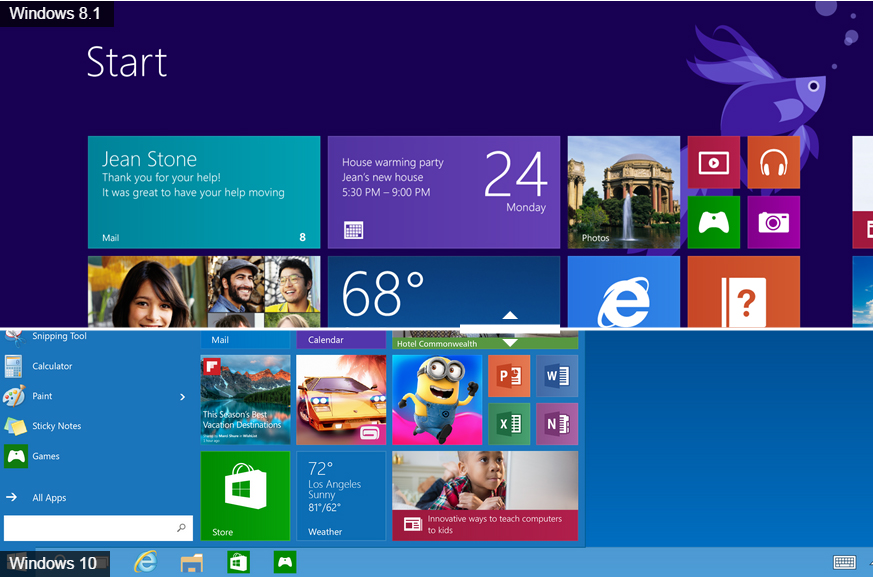 Windows 10 vs Windows 8.1: Which was the best operating system?
Windows 10 vs Windows 8.1: Which was the best operating system?Vs We rate Windows 10 vs Windows 8.1 in a number of key categories for professional use
By Barry Collins Last updated
-
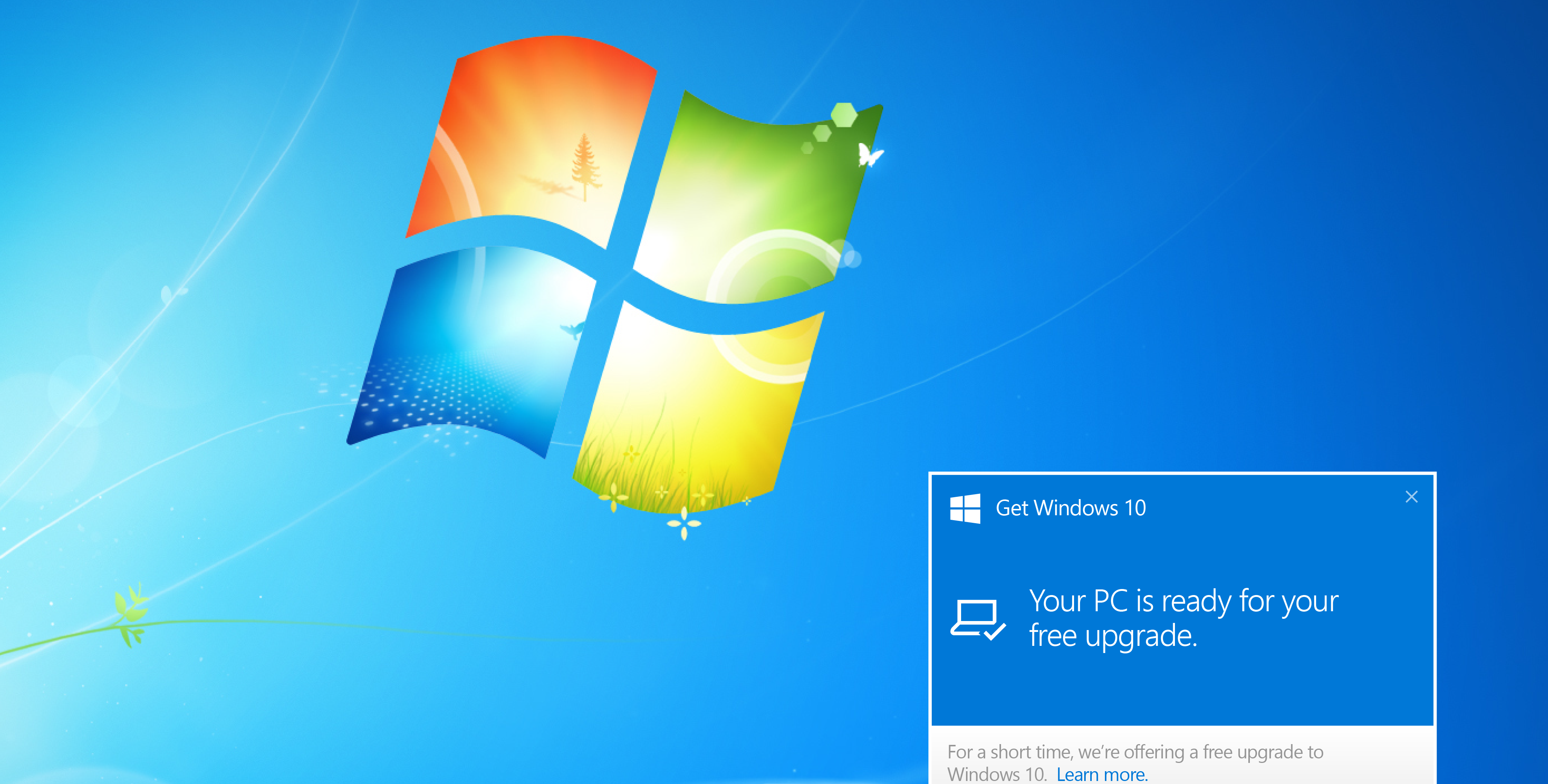 Windows 10 vs Windows 8.1 vs Windows 7 - Microsoft OS head-to-head
Windows 10 vs Windows 8.1 vs Windows 7 - Microsoft OS head-to-headVs We pit Microsoft's most popular operating systems against each other to see which is the greatest of all time
By Mike Passingham Last updated
-
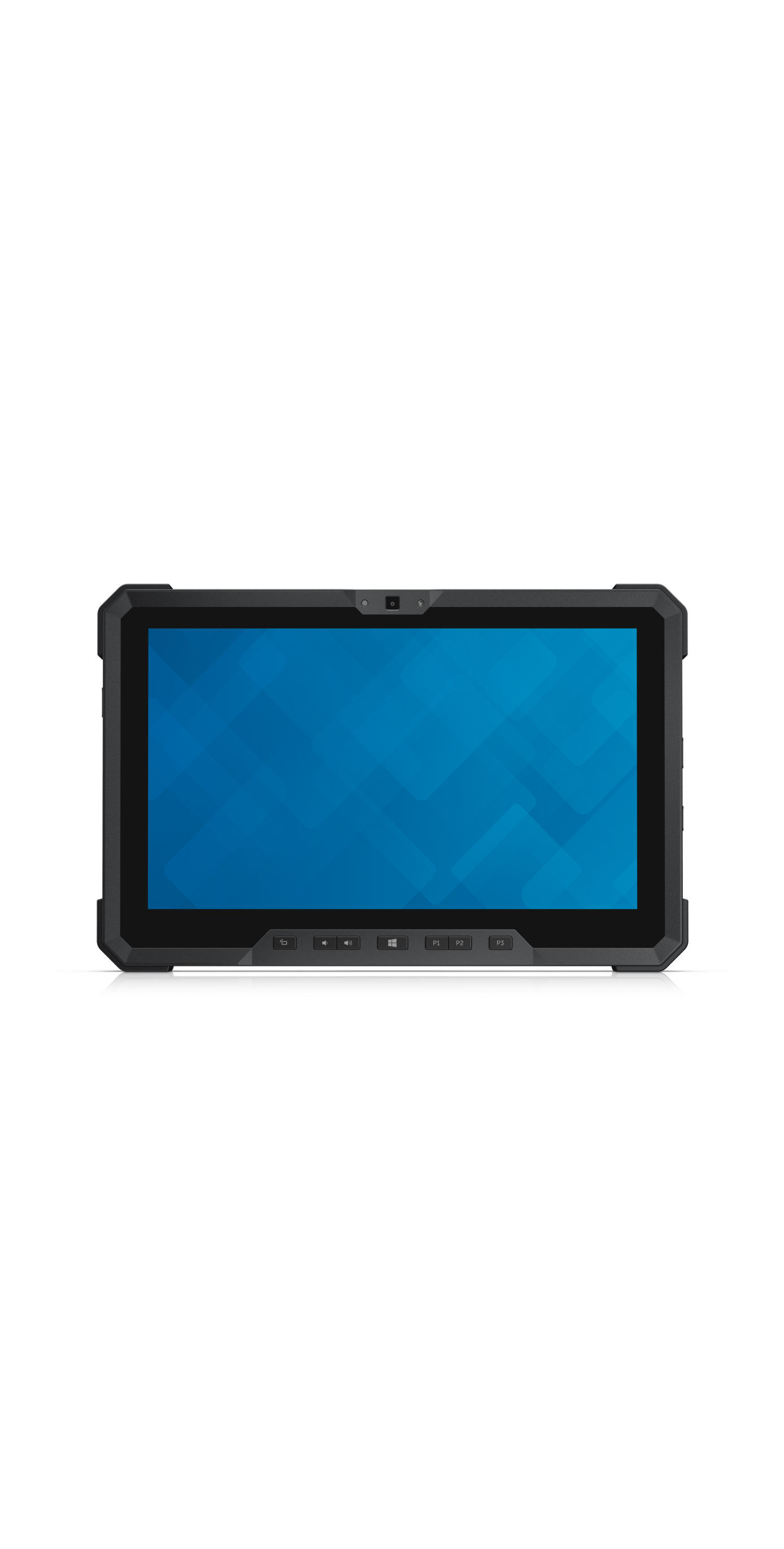 Dell Latitude 12 Rugged Tablet review
Dell Latitude 12 Rugged Tablet reviewReviews Dell's military-grade tablet wasn't rugged enough to survive IT Pro's Adam Shepherd
By Adam Shepherd Published
-
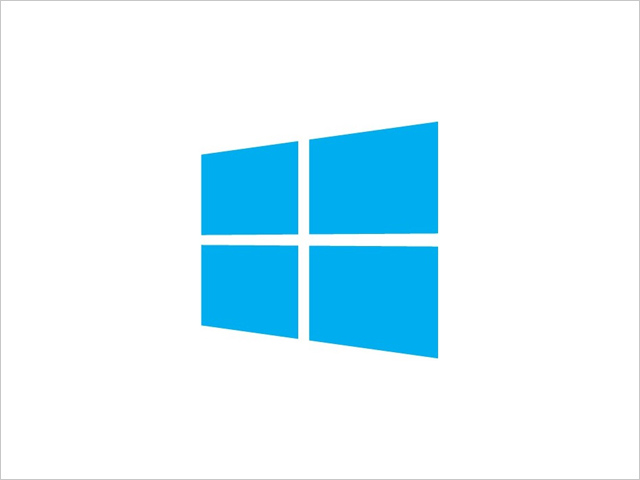 Top 10 Windows 8.1 and Windows 10 apps for 2015
Top 10 Windows 8.1 and Windows 10 apps for 2015Best Our collection of the best and most popular Windows 8.1and Windows 10 apps to download in 2015
By Caroline Preece Published
-
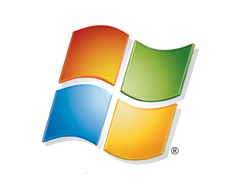 Windows 8.1 vs. Windows 7 – Which is best for you?
Windows 8.1 vs. Windows 7 – Which is best for you?Vs As Windows 10 draws nearer and Microsoft distances itself from older OS, we look at the best option for your PC
By Kyle Nazario Published
-
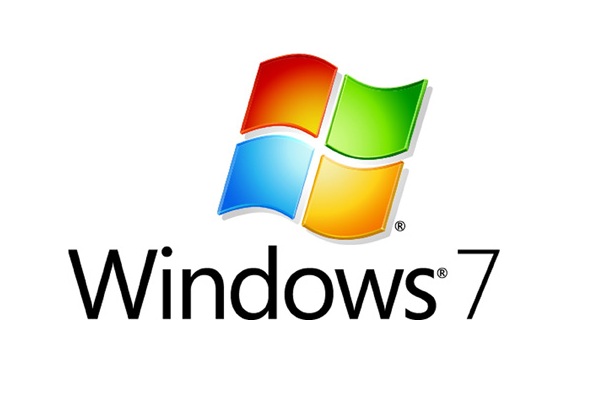 Windows 7 mainstream support ends tonight
Windows 7 mainstream support ends tonightNews When the clocks strike midnight, no more Windows 7 software improvements will come from Microsoft
By Joe Curtis Published
-
 Windows 8.1 market share leaps ahead
Windows 8.1 market share leaps aheadNews Adoption of Windows 8 and 8.1 shot up in October, marking the OS’ biggest leap in market share to date
By Caroline Preece Published
-
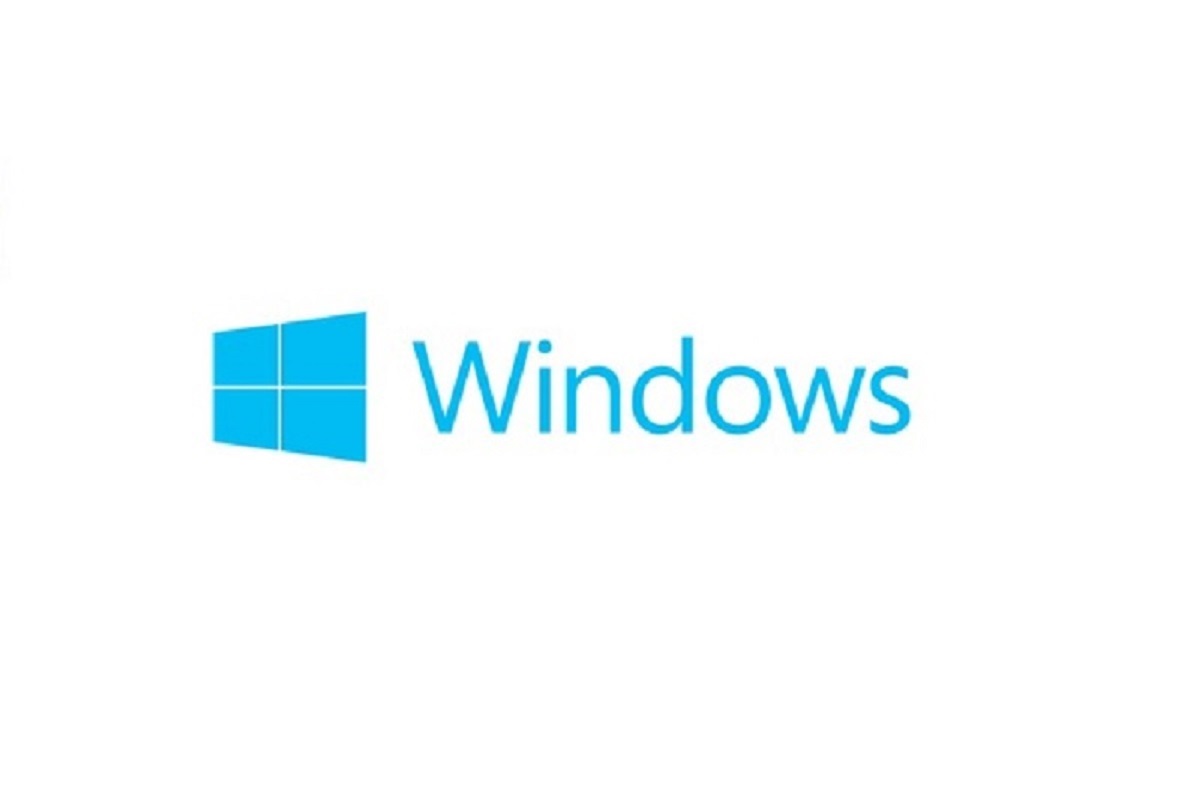 Windows 10: 10 Features we want to see
Windows 10: 10 Features we want to seeNews With the Windows 10 release date looming, here are the top features we want to see
By Kyle Nazario Published